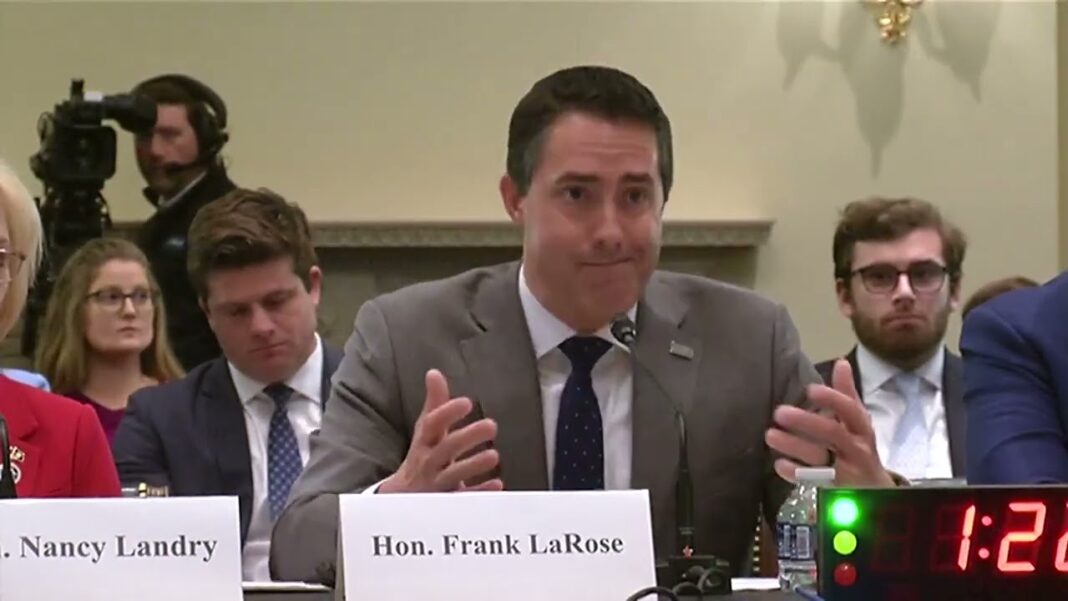
Fraud and abuse in America’s guardianship system will be difficult to address without reliable data to determine proper oversight, say system reform advocates.
Reports of fraud and abuse by court-appointed guardians inspired over 30 bills to be introduced in Congress over the past 37 years. Most never made it out of committee.
In most states, when a judge declares someone incapacitated and appoints a guardian over them, they lose almost all their rights.
They can no longer handle their finances, choose where they live, or sometimes even what they eat.
Medical, work, and even intimate relationship decisions are off-limits to the ward.
Critics of guardianship say convicted criminals have more rights than a ward.
One guardianship expert said reform isn’t happening despite all the legislation because adult guardianship is not a priority.
“State court systems have been getting money to improve their child welfare systems. But on the adult side, there’s no federal funding at all,” Erica Wood, a retired assistant director of the American Bar Association’s Commission on Law and Aging, told The Epoch Times.
Wood describes herself as an “elder law advocate” dedicated to guardianship reform.
The issues in U.S. guardianship began decades ago.
On Sept. 25, 1987, Rep. Claude Pepper (D-Fla.) chaired a hearing by the Subcommittee on Health and Long-Term Care of the House Select Committee on Aging titled “Abuses In Guardianship Of The Elderly And Infirm: A National Disgrace.”
The 87-year-old politician expressed alarm over an Associated Press investigative series that year that described startling cases of fraud and abuse.
In addition to the AP reporters and editors, the subcommittee heard from former wards about being forced into guardianship without their knowledge and against their will.
Minnie Monoff, 81, of Greeley, Kansas, was declared incapacitated after a brief hospitalization for a stroke. She told how county officials forced her into a nursing home.
“I had just finished mowing my lawn and feeding my chickens,” Monoff testified. “I told the sheriff, ‘What do you all mean? I’m doing my work. I am enjoying my life here. Why do I have to go?”
Tod Porterfield, 83, of Albion, Indiana, was placed under guardianship by an attorney who had promised to help him sell his farm.






